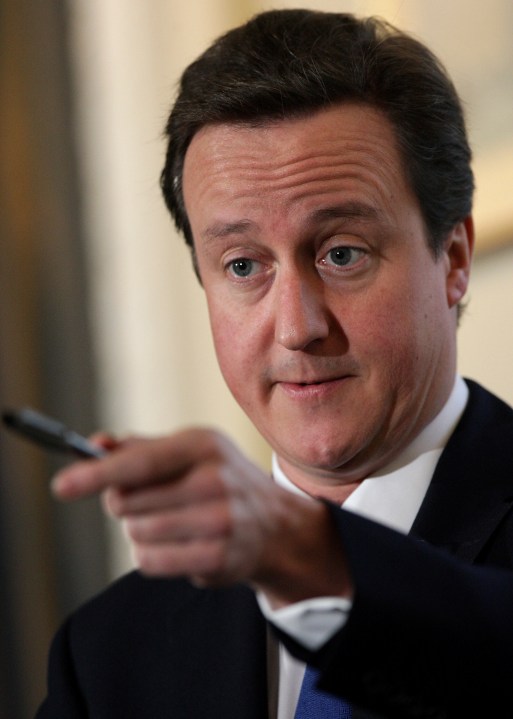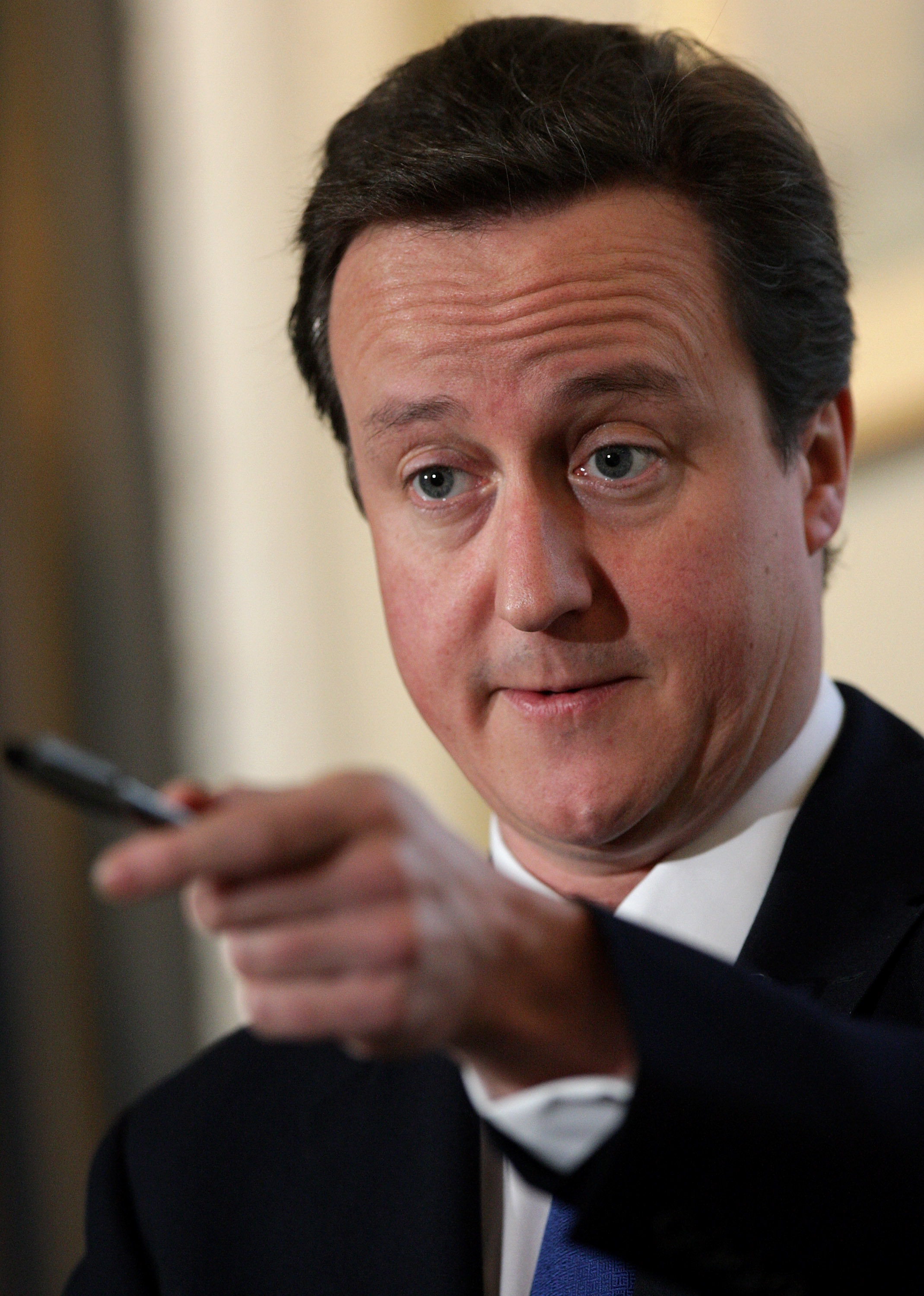 I’m at a seminar with David Cameron and Michael Gove on education reform, a favourite subject of ours here in Coffee House. Cameron’s pledge was unequivocal: “A great education reform bill will be a very big part of the first months of a Conservative government”. There are about two dozen people here to discuss what that will mean, a few Swedes, and many good points. Cameron stayed for about half an hour, yet even in that time some fascinating views were expressed. Two main themes: what Cameron is planning, and why it may not work. Here are some of the points I’ve jotted down:
I’m at a seminar with David Cameron and Michael Gove on education reform, a favourite subject of ours here in Coffee House. Cameron’s pledge was unequivocal: “A great education reform bill will be a very big part of the first months of a Conservative government”. There are about two dozen people here to discuss what that will mean, a few Swedes, and many good points. Cameron stayed for about half an hour, yet even in that time some fascinating views were expressed. Two main themes: what Cameron is planning, and why it may not work. Here are some of the points I’ve jotted down:
1. Gove says that in countries that do well, teaching is a high prestige job. In Singapore, only the top 30pc of graduates qualify as teachers he says. We need the same in teachers, so “greater flexibility in pay and awards”. Such an innocent phrase but what he means, if I have understood it right, is abolishing collective bargaining which would likely mean taking on the teachers unions.
2. We were all issued with a Gove speech where he frames this as a spat with Matthew Parris. Yet none of it was used. Gove ignored his speech, and spoke verbatim. I do like that in a politician: with enough confidence in what you say and your mission, you don’t need a script. I wonder if his words will be quoted as if he had said them, though – one of the stranger aspects to political reporting. So often, politicians never say the words attributed to them.
3. Cameron asks for opinions. The first one is from a teacher, who tells him that in many schools equity is more important than excellence. They are in hock to the unions – and it’s a cultural thing, a collective mentality. So his freedoms won’t be used in many places. “You won’t want to hear this” he says to Cameron, but there should be mandatory performance pay or his scheme won’t fly.
4. Amanda Spielman from ARK points out that even the City Academies don’t, in the most part, use powers to pay different teachers differently. Tells Cameron he’s in danger of creating a whole lot of freedoms that just won’t be used.
My take: this is a crucial point, which politicians often fail to realise. This is why so little changes in government. Politicians blithely assume that if they grant powers, they’ll be used. In fact, the system will fight you. The “forces of conservatism” as Blair once said, will win. Head teachers may be discouraged from individual pay bargaining, let’s not forget that state sector teachers are brought up in this collective bargaining system and taught it protects them. They’re not necessarily itching to get out. Especially not if they see individual pay bargaining as part of a wicked, Hayekian plot.
5. Gove asked how many liberalised schools you need to reach a tipping point: 25%? 30%? The Swedish experience teaches that the tipping point is 10%. When 10% of the state schools are independently-run, this is when real competition starts – ie, when schools realise that if they don’t shape up, they’ll lose pupils (and cash). At this point, power is transferred from the bureaucracy to the parents. Gove’s mission is easier than he seems to think.
6. Liz Sidwell, CEO of Haberdashers Federation (an aspiring City Academy chain, with two schools) says “you don’t need an awful lot of freedom to do a lot of interesting things”. Again, another crucial point. There are so many heads in former sink schools (I have one in Dagenham in mind) who have turned around the schools by heroic efforts. They do it not from fear of losing pupils, but because they can’t bear to see bright kids fail. They are the solution: we need more people like this. The next seminar Gove and Cameron have should get these guys round a table and say: how can we help you? How can we get more of you?
7. Gove says “Our friends the Liberals are outlining their plans on education reform today, some of which are fantastic.” An interesting reminder of how close the LibDems and Tories are on this issue.
8. Gove asked for a straw poll asking if reducing class sizes is a priority for primary schools. Only David Green from Civitas put his hand up. I like that about Green: in this same room, he was the only guy supporting the police strikers. Private schools have smaller classes, he says: that’s for a reason.
My hand was down: there’s plenty evidence that two teachers in a bigger-size class works better than splitting them down in one room. Its one of those metrics that can mesmerise politicians. The weird fact is that average class sizes have hardly changed at any point in the past 20 years.
Gove cites McKinsey research on this: California spent a bomb reducing class sizes, and remained 48th in terms of education performance in America.
When I interviewed Gove last September and asked him to sum up what Tory school reform would mean to the average voter, he put it simply and powerfully:
This is an incredibly powerful message, one which – if properly projected – is capable of capturing the imagination of swing voters. Yet right now, there’s almost no one outside of Westminster who is aware of this message. So it’s great to see Cameron pushing education so hard. I hope he keeps on going, right up to the election.“In your neighbourhood, there will be a new school going out of its way to persuade you to send your children there. It will market itself on being able to generate better results, and it won’t cost you an extra penny.”








Comments